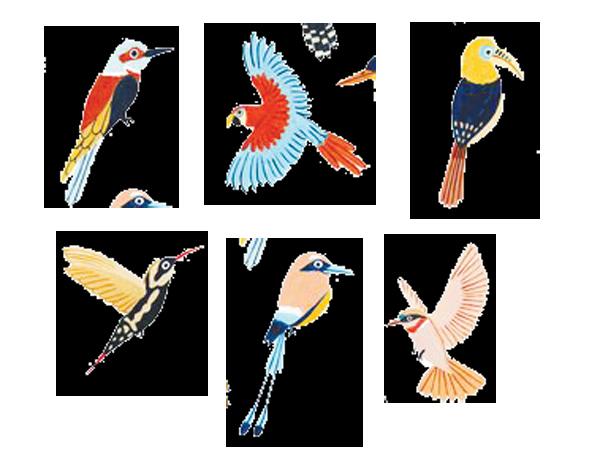
Phrasal verbs are an important feature of the English language. The meaning of a phrasal verb often bears no relation to the meaning of either the verb or the particle which is used with it. Many phrasal verbs have several different meanings.
Cobble together (to make something quickly and not very carefully)
It was obvious that the speaker’s statement had been cobbled together.
Comb out (to make your hair tidy by combing it)
Susan sat in front of the mirror for a long time, combing out her long black hair.
Come about (something happens without planning)
The discovery of a plot to kill a leading businessman came about when investigators questioned a suspect.
Come across (to meet someone by chance)
I came across an old friend of mine when I was shopping in Singapore.
Come after (to chase someone)
The watcher saw us picking mangoes and he came after us with a stick.
Come along (to arrive at a place)
I waited for a bus for a long time and then three buses came along at the same time.
Come apart (to separate something into pieces)
When I picked up the clock it came apart in my hands.
Come around (to visit someone)
Alice came around yesterday and cleaned the garden.
Come at (to move towards someone in order to attack them)
Daniel came at her with a stick.
Come back (to return to a place)
William will come back and take away his clothes.
Come by (to get something unusual)
Accurate statistics are hard to come by.
Come down (if something comes down, it falls to the ground)
A lot of trees came down in the storm.
Come down on (to punish someone very harshly)
The police are coming down on people who are not wearing facemasks.
Come down with (to become ill)
I think Paula is coming down with a cold.
Come forward (to offer to do something, especially to help someone)
Many young people have come forward to donate blood.
Come from (if you come from a particular place, you were born there)
Where do you come from?
Come in (to arrive at a place) I’ll come in early tomorrow to do my duties.
Come in for (you are criticised or praised)
The police have come in for a lot of criticism over their mishandling of the murder inquiry.
Come into (to enter a room or building)
Please ask him to come into my office.
Come of (to happen as the result of an event)
Did anything come of your meeting with the director?
Come off (to happen)
The planned musical fiesta never came off.
Come on! (always an order)
Come on! Tell me everything that happened.
Come out (to leave a room or covered place)
I saw the train coming out of the tunnel.
